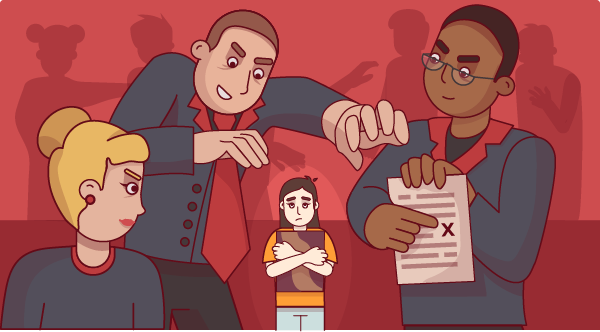Wil Schroter

Most Founders taking investor money have never had an investor before – so we don't really know what to expect once we've been handed that big fat check.
There's a notion that once investors are involved, we'll get bullied around at Board meetings or pushed out like so many Founder horror stories we've heard. (Yes, Steve Jobs got fired at Apple).
Why do investors want to run my company
To be clear — they don't. At all.
The worst possible outcome for most investors is that they have to stop doing their job (investing) and instead do our jobs (running a company).
There are edge cases where individual angel investors (often with too much time on their hands) may want to meddle with the business, but most professional investors consider having to "get involved" as a bad sign.
The ideal situation amongst investors is that their money is being well taken care of by competent Founders so they can focus on making more investments.
Or playing golf. Or vacationing. Or any of the other things people with money get to do, unlike people who don't have any.
So when DO investors get involved in running the company?
When things start to go sideways.
If the company is hitting a rough patch, the investors step in to protect their money. At that point, they have to. Once we reach that step, we're going to be looking at provisions in our Operating Agreement or similar documents that state what rights investors have to make key decisions in the company.
If we're at that point, yes, we're about to see a lot more of our investors.
What can I do to prevent investors from having a say?
Well, that's a whole other topic, but the short version is we can set provisions and voting rights that will prevent investors from making key decisions, however, there are only so many "protections" we can make.
At the end of the day, it's our job as Founders to provide a return to our investors, and if we aren't on a path toward that goal, we're going to be tussling in the ring whether we like it or not!
In Case You Missed It
10 Things Every Entrepreneur Should Know About Investors. There are many things most entrepreneurs don’t know about investors, but should. We’ve compiled a list of the 10 things every entrepreneur should know to help prepare you for the process.
Everything You Need to Know About Drafting an Operating Agreement. Operating agreements are important because they protect you and your Co-Founders from disputes down the line. And being thorough is what protects you, your Co-Founders, and ultimately your startup.
When Should Someone Else Run My Company? It's not hard to imagine many startup Founders sitting around wondering, "Shouldn't someone else more qualified be better at this job?" The answer is "Yes" — and yet, you should probably be the one doing it anyway.
Find this article helpful?
This is just a small sample! Register to unlock our in-depth courses, hundreds of video courses, and a library of playbooks and articles to grow your startup fast. Let us Let us show you!
Submission confirms agreement to our Terms of Service and Privacy Policy.
Already a member? Login
No comments yet.
Start a Membership to join the discussion.
Already a member? Login
